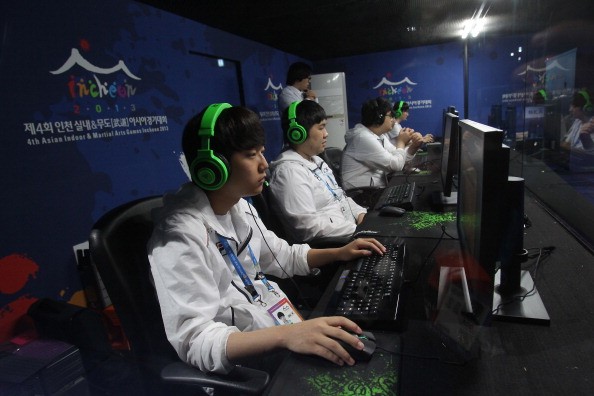"League of Legends" cheat service is being sued by Riot Games for various violations. The game company tried to resolve the dispute without litigation at first, but there was no response.
According to the official lawsuit filed by Riot Games, the cheat service for the popular video game is called LeagueSharp. A Peruvian corporation that runs the cheat service is secretly handled by three German Hackers. This is the world's largest hacking and bot service for the game.
The international cheating service called LeagueSharp or L# charges their customers a monthly fee. Their cheat service gives their customers a number of cheats and automation bots to help them win matches. It can also artificially level up accounts, which are later sold to other players.
L# lets their customer see hidden information, which gives the users a great advantage against their cheat victims. It also allows their characters to be automated during gameplay to perform with enhanced or inhuman accuracy. They can also gain levels, experience, and rare items at a rate that no human person could do when they play the game.
The three Germans behind the cheat service are Matthias Oltmann aka Jodusmame, Stefan Stefan Delgato aka 0hm, and Tyrone Tom Pauer aka Beaving. These three hackers set up Misti y Pichu Pichu SRL aka Chachani as a shell company in Peru. This has helped cover the illegal activities of their company.
The game company said that the cheating service is a threat to their game, and it is also causing serious and irreparable harm to them and their community. It is important to them and to the future of their game that it provides their players a fair, competitive, and enjoyable environment. Introducing the service to their players will disrupt and threaten to destroy the game company's carefully crafted gameplay, and it ruins the game experience.
According to CNBC, the game company's multiplayer online battle arena game was the top earner among free-to-play games. It earned $1.6 billion in 2015, and more than 67 million users have played it per month since January 2014.
At first, the game company wanted to solve this issue without litigation. They even reached out to the defendants to ask them to stop their service's illegal activities. They refused to respond, and they also threatened a Riot employee and posted offensive comments on that person's social media.
The defendants have also been quickly and carefully destroying or hiding evidence like their offensive online posts. They are also hiding behind a Peruvian shell corporation created only for evading this type of situation.
Check out the online multiplayer video game's trailer video below:






















